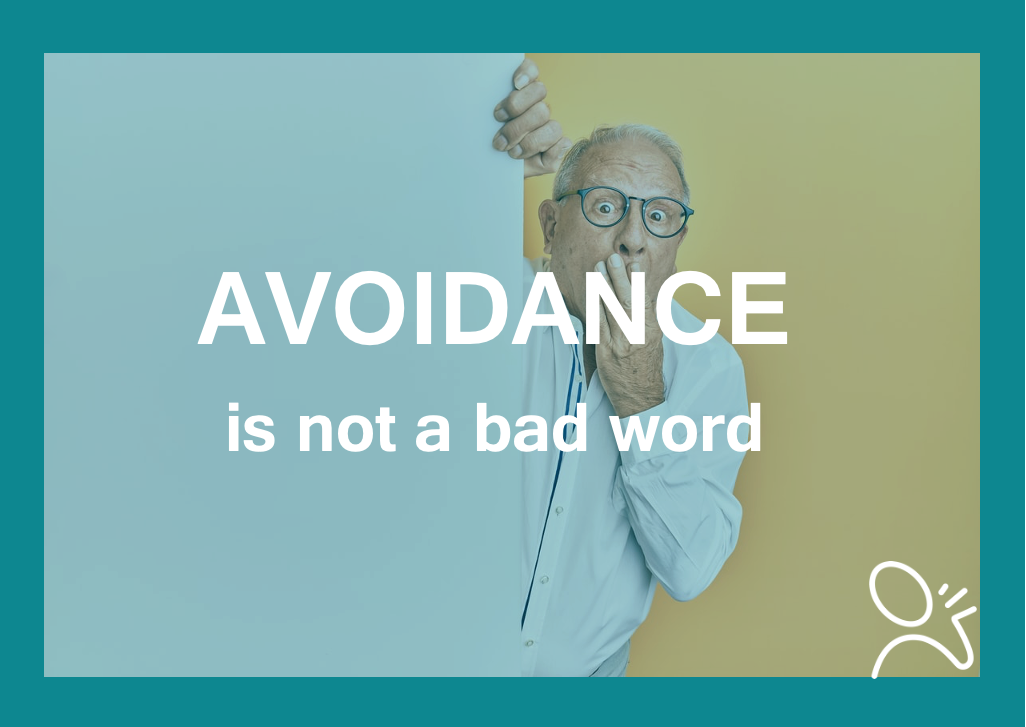
Save the Date. Join us for our 20th Annual Gala on September 16th!

Who we are
About AIS
Who we are
Staff & Board
Meet the people dedicated to helping you
Ambassadors, Emeritus, & HOF
Meet our Ambassadors council and more
Press Coverage
See AIS team members in the spotlight
Locations
Where to find us
Events
Register for upcoming events
Galas
Annual AIS Fundraiser
How we help
Services
Therapy, workshops, and support groups
Who We Help
Preschoolers, Kids, Teens & Adults
Success Stories
Hear what clients have to say about AIS
Financial Assistance
Options to reduce to cost of therapy
Resources
Blog
Explore the latest topics, news, and FAQs
Useful Links
AIS brochures and helpful resources
Forms
Download PDF forms from AIS
Watch & Learn
Videos of recent events, press, and more
Search







